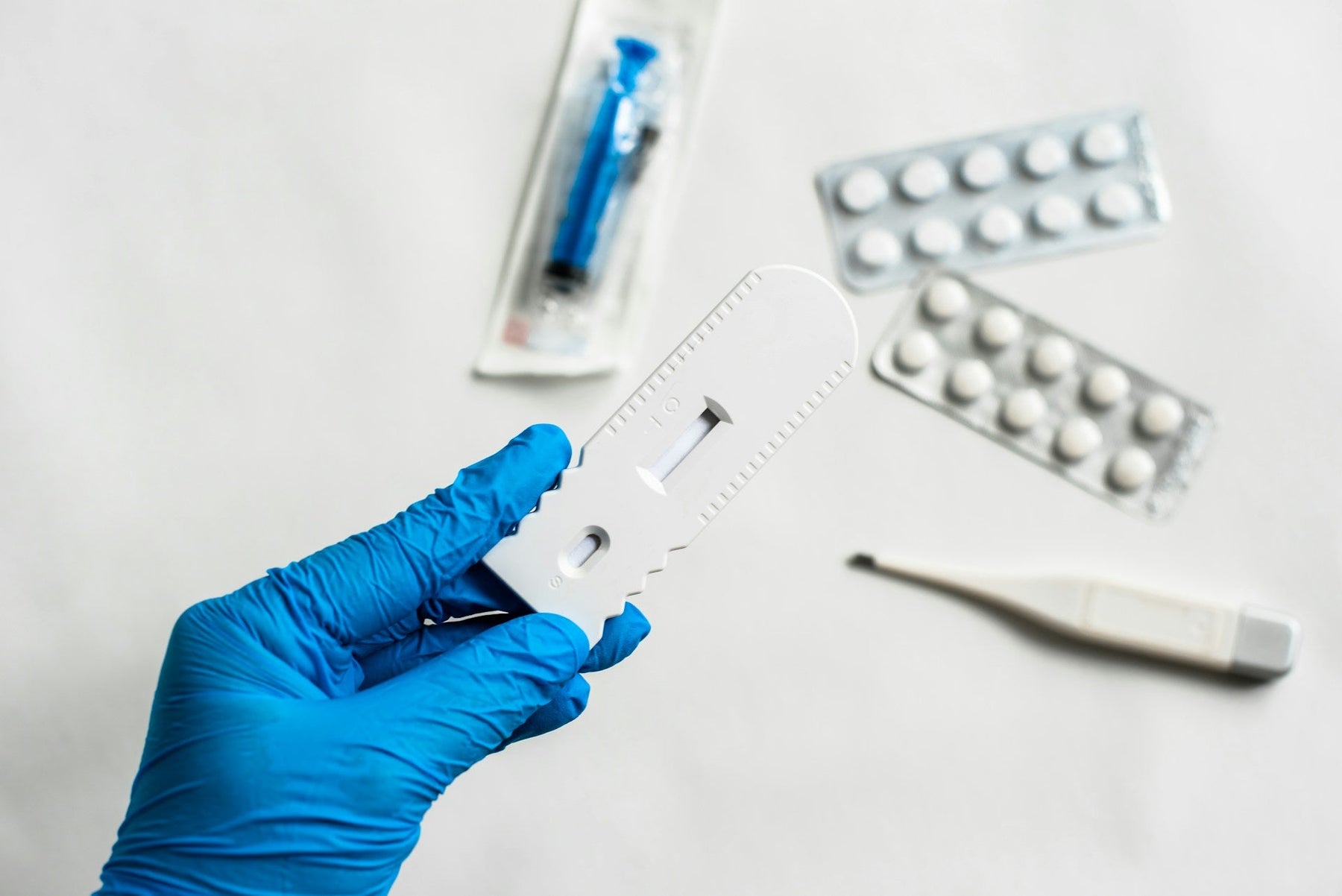
Key Signs You Need a Rapid Drug Test
Understanding when to consider rapid drug testing is important for maintaining a safe and supportive environment. Drug use can subtly affect behavior, relationships, and performance at work or school. Recognizing early signs means interventions can be more effective, protecting both individuals and those around them. Rapid drug testing is a timely solution, helping to address concerns before they become bigger problems.
Think of it like a check engine light in a car. You wouldn't ignore it, right? Just as a timely fix for your car prevents further damage, addressing potential drug use early can prevent negative consequences down the line. This article explores some key signs that might indicate the need for rapid drug testing.
Sudden Changes in Behavior
One of the first things to watch out for is sudden changes in behavior. Sometimes these changes are easy to spot. You might notice someone becoming moody or unpredictable. Erratic behavior might catch your attention if someone is usually calm and collected. These changes can be disruptive, affecting not only the individual's well-being but also the overall atmosphere in a work or home setting.
- Unexplained mood swings: Sudden irritability or withdrawal can be a sign of underlying issues.
- Decreased performance: Schools and workplaces might notice a slip in focus or output. When someone who usually excels starts falling behind, it can be a cause for concern.
- Increased absenteeism: Frequent unexplained absences or tardiness can speak volumes. Regular attendance is expected, so skipping out without reason can be suspicious.
Recognizing these signs doesn't mean jumping to conclusions. It means being aware and ready to support the person in question. By addressing these changes sooner rather than later, you can prevent misunderstandings and provide help where it's needed.
Physical Signs and Symptoms
Physical changes can often give clues that something might be amiss. Observing noticeable shifts in someone's appearance or health can be a helpful indicator of whether a situation needs attention. Here are some specific signs to keep an eye out for:
- Bloodshot eyes: Red or glazed eyes can be an indicator, especially when there's no clear explanation like allergies or lack of sleep.
- Sudden weight changes: Unexpected weight loss or gain might suggest something is off.
- Unusual sleep patterns: Someone who can't seem to wake up in the morning or stay awake during the day might be struggling with more than just a bad night's sleep.
- Poor coordination: Difficulty with balance and coordination can indicate a larger issue at play. If you notice stumbling, shaking hands, or trouble with small tasks, it might be time to look closer.
These signs should be viewed as part of a larger picture. They don't automatically mean there's a problem, but if you notice them combined with other changes, it's worth considering intervention.
Suspicious Activities
Behavior can often speak louder than words, especially when it comes to potential drug use. Certain activities can raise red flags and prompt further consideration of a rapid drug test.
- Frequent absences: If someone is often unavailable without a good reason, this might be significant.
- Secretive behavior: A noticeable lack of transparency or trying to hide activities can be telling. Shielding phone conversations or being evasive about their whereabouts could indicate need for concern.
- Financial issues: Asking for money unexpectedly or having unexplained financial problems might suggest that funds are being used for other purposes.
Understanding these suspicious activities can help you decide whether additional steps should be taken. It's about piecing together a puzzle where each small clue adds to the complete picture.
Impact on Personal Relationships
Some of the most noticeable effects of drug use may appear in a person's relationships. How they interact with family, friends, and colleagues can be a strong indicator of underlying issues.
- Strained relationships: Frequent arguments or feelings of disconnect can signal trouble.
- Increased conflict: If someone becomes more aggressive or argumentative, this might be driven by external influences.
- Withdrawal: Pulling away from social activities and spending more time alone can indicate that something isn't right.
By observing changes in relationships, you can identify patterns that suggest further investigation might be necessary. Supporting someone through these challenges often means recognizing the signs early and offering help.
Taking the time to understand and act on these key signs can make a real difference. By being vigilant and proactive, you can help maintain a healthier environment for everyone involved.
Identifying the signs of drug use early is vital for maintaining a supportive environment. If you're noticing any of these behaviors and think it's time for additional steps, consider exploring rapid drug testing with RSC Health. It can be a proactive way to address potential issues and help keep your surroundings safe and healthy. Learn more about rapid drug testing and how it can benefit you and those around you.
